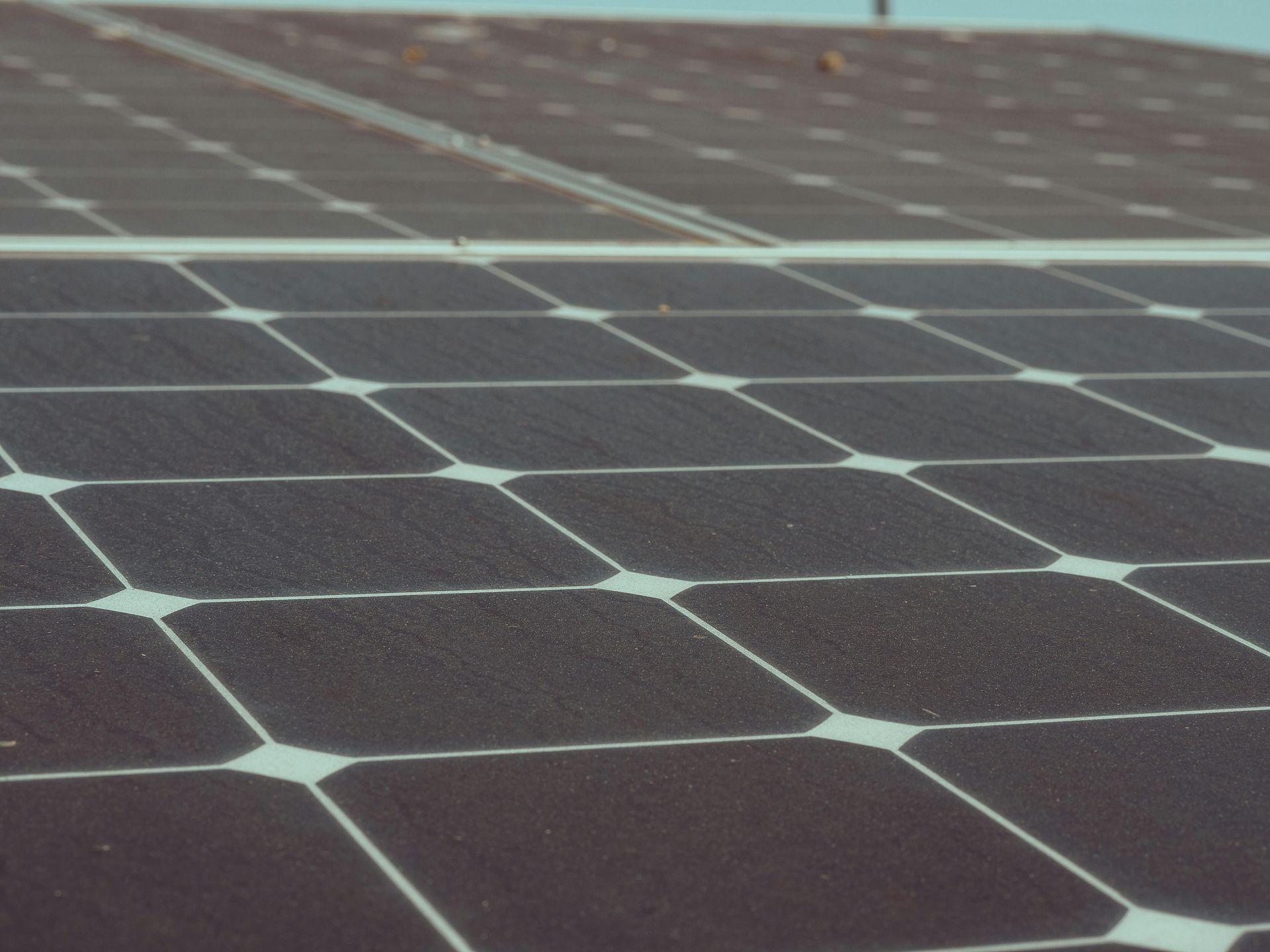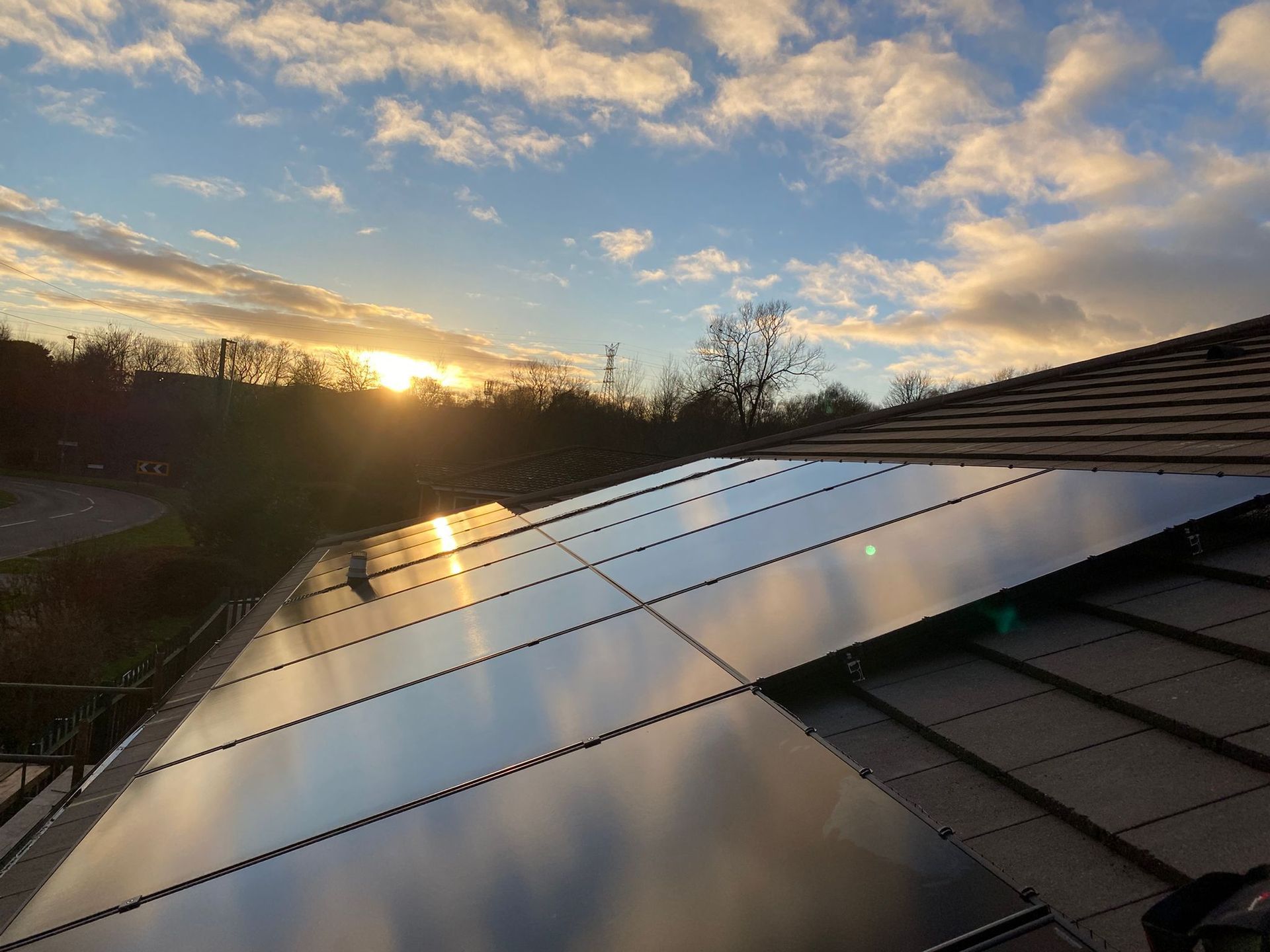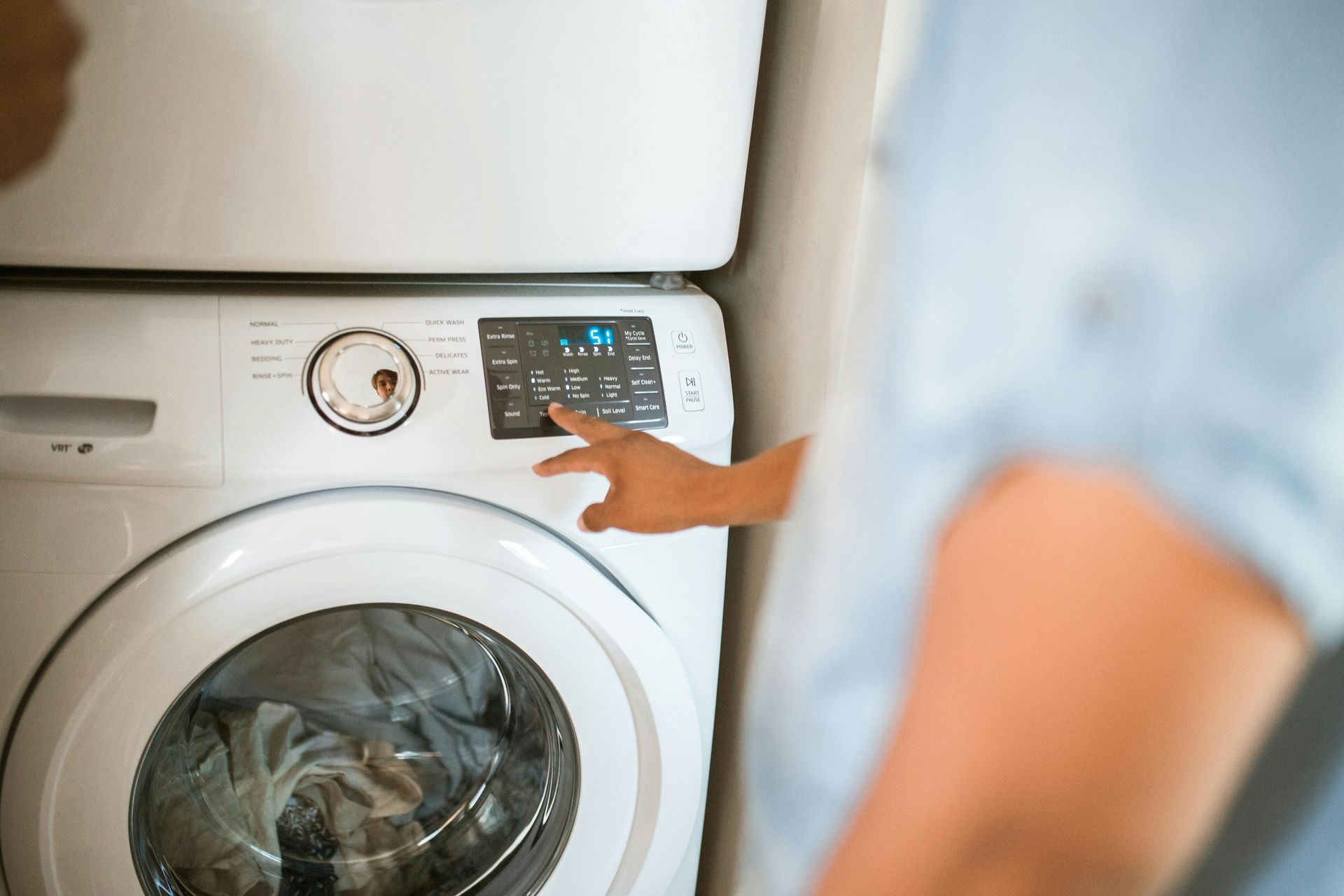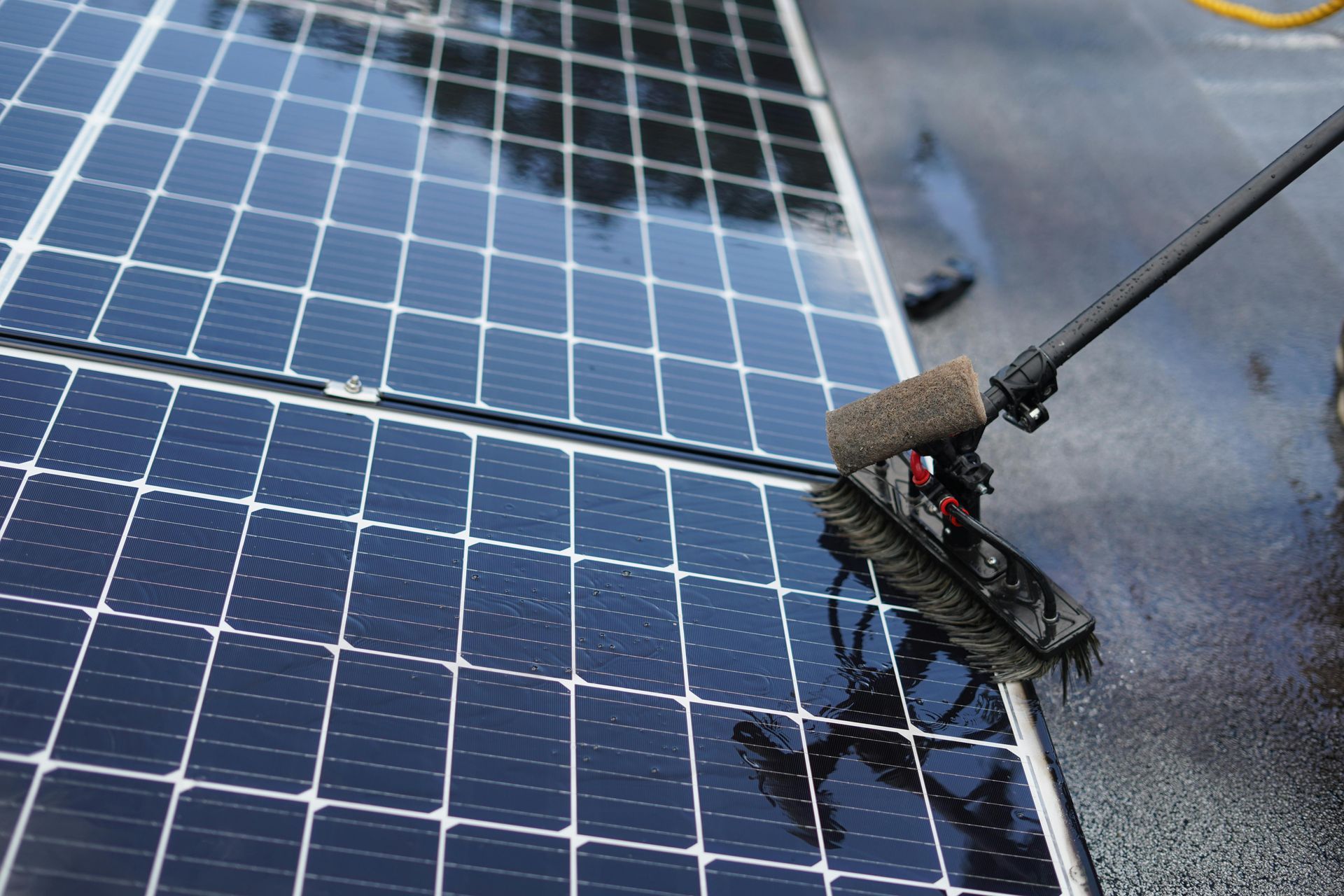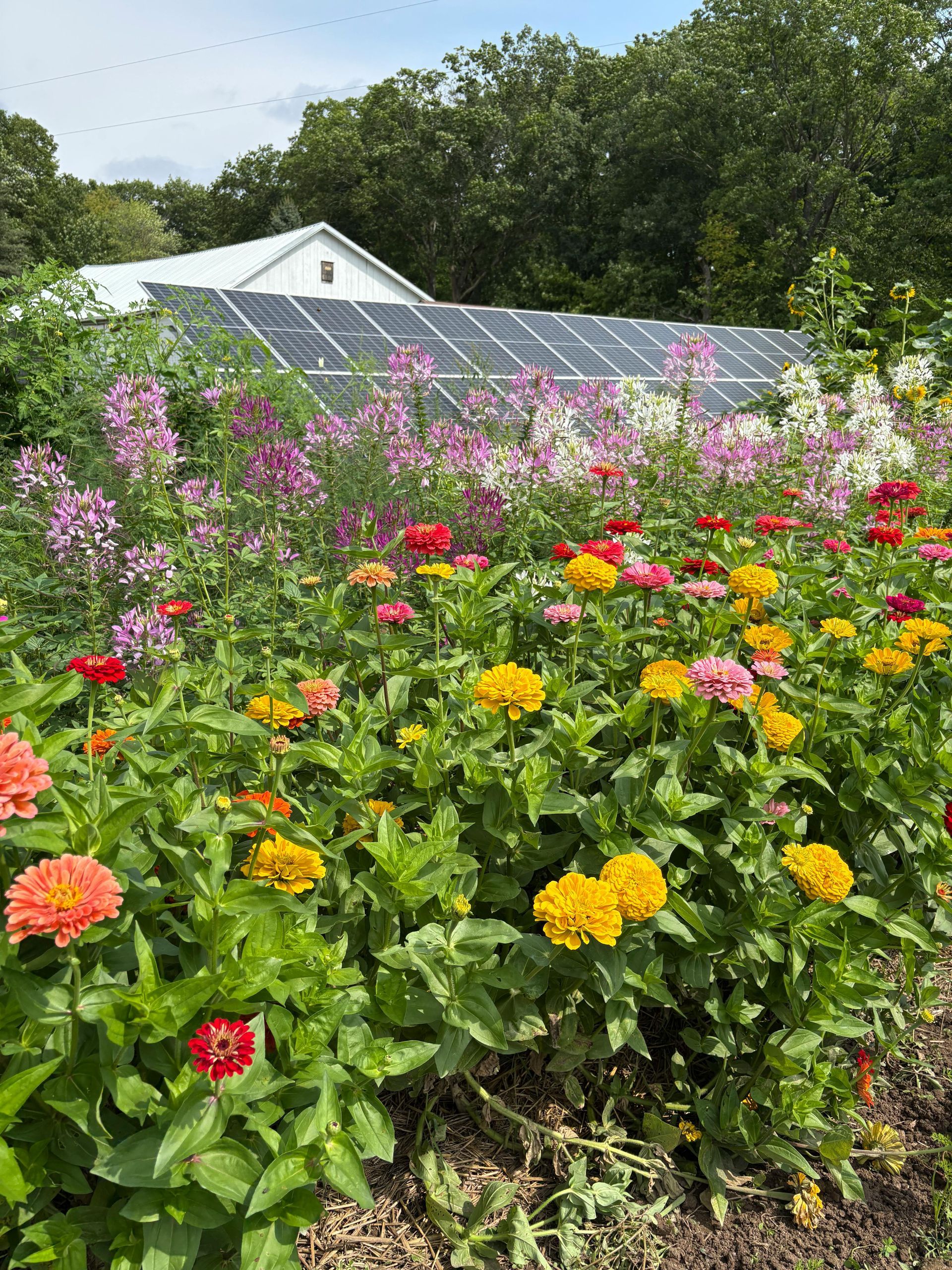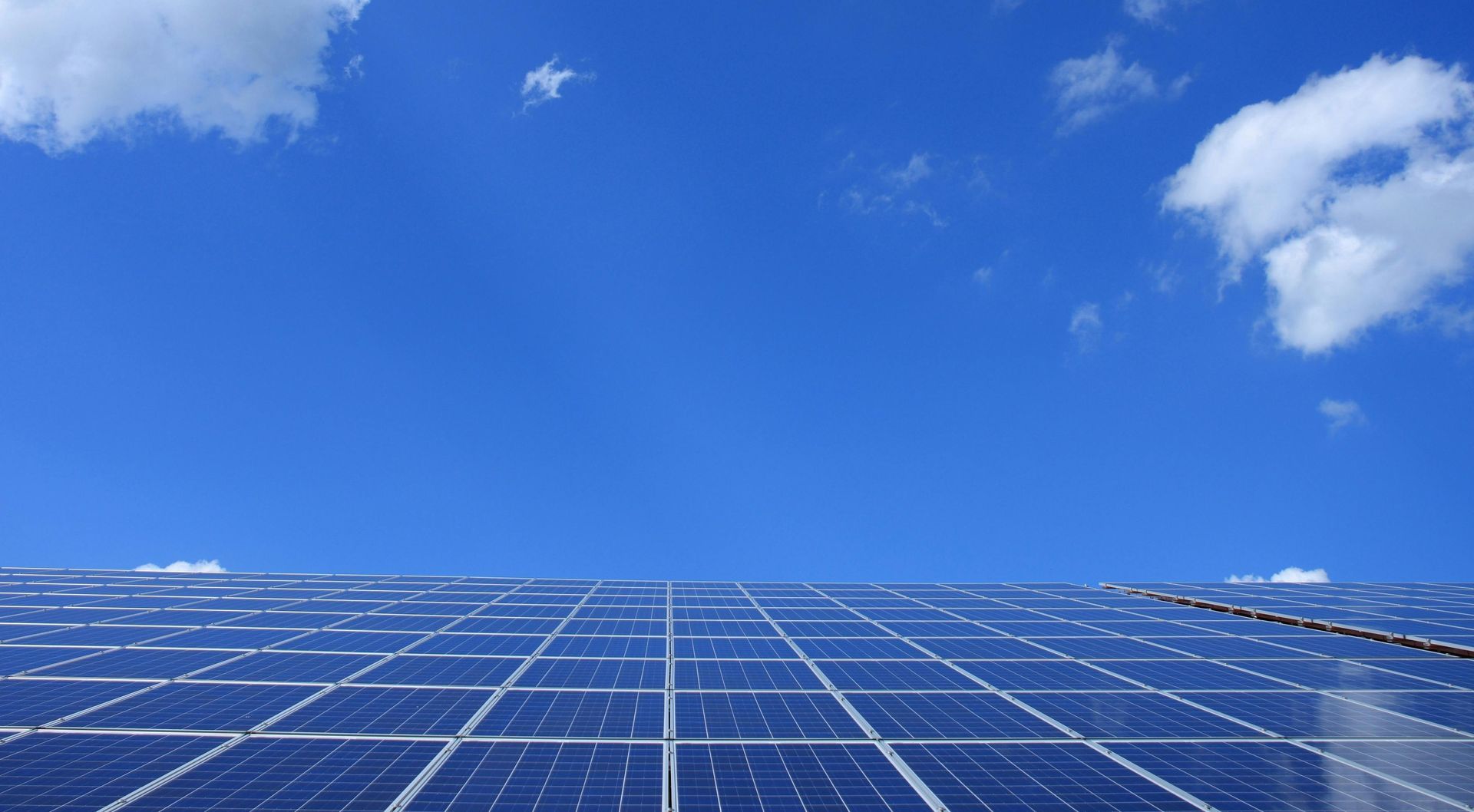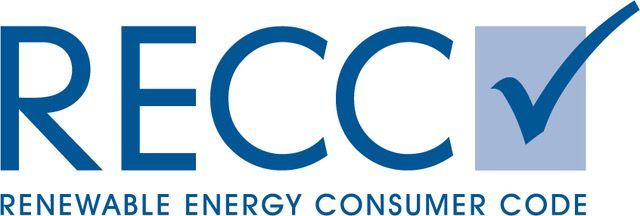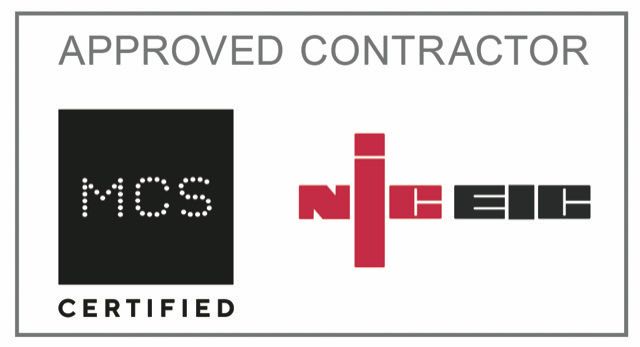Is Solar Battery Storage Worth It?
A Guide for Homeowners
As homeowners increasingly seek sustainable energy solutions, the question of whether solar battery storage is worth the investment is becoming more and more prevalent. With the growing adoption of solar power systems, understanding the intricacies of home solar storage has become more crucial than ever. Are the cost vs benefits of solar panel batteries favourable enough to make them a wise choice for your household? This guide aims to unravel the complexities of solar energy solutions, exploring how battery storage can enhance energy independence and reduce reliance on the grid.
What is Solar Battery Storage?
Solar battery storage is a technology that allows homeowners to store excess electricity generated by their solar panels for later use. This system comprises high-capacity batteries designed to capture and retain solar energy.
These batteries serve as a reservoir for surplus power produced during peak sunlight hours. When solar panels aren't generating electricity (e.g., at night or on cloudy days), the stored energy can be used to power your home.
Solar battery storage enhances the efficiency of solar power systems by reducing reliance on the grid and maximising the use of self-generated clean energy.
How Does It Work with Solar Power Systems?
Solar battery storage integrates seamlessly with existing solar power systems to create a more robust and efficient energy solution. Here's how it works:
- Solar panels generate electricity during daylight hours.
- Excess energy not immediately used is directed to the battery storage system.
- When solar panels aren't producing electricity, the stored energy in the batteries is used to power the home.
- This cycle ensures a continuous supply of clean energy, even when the sun isn't shining. The system also includes an inverter that converts the stored DC power to AC power for use in your home.
- By working in tandem with solar panels, battery storage significantly enhances energy independence and reduces reliance on the grid.
Types of Solar Energy Solutions
There are several types of solar energy solutions available for homeowners, each with its own advantages:
- Grid-tied systems: These are connected to the main power grid and don't include battery storage. Excess energy is fed back into the grid.
- Off-grid systems: These operate independently from the grid and rely entirely on solar panels and battery storage.
- Hybrid systems: These combine solar panels, battery storage, and grid connection for maximum flexibility and reliability.
- Different battery technologies are also available, including lithium-ion, lead-acid, and flow batteries. Each type has its own characteristics in terms of efficiency, lifespan, and cost.
Weighing the Cost vs Benefits
Financial Considerations of Home Solar Storage
The financial aspect of home solar storage is a crucial factor for many homeowners. Here's what you need to consider:
- Initial costs: Solar battery storage systems can be a significant investment. Prices vary depending on the size and type of battery, but they typically range from £4,000 to £8,000 for a standard residential system.
- Long-term savings: While the upfront cost is high, battery storage can lead to substantial savings over time. By using stored energy during peak hours when electricity rates are highest, you can significantly reduce your energy bills.
- Government incentives: Some regions offer incentives or rebates for installing solar battery storage, which can help offset the initial costs. It's worth researching what's available in your area.
Environmental Impact of Batteries
The environmental implications of solar battery storage are complex and worth considering:
- Positive impacts: Battery storage allows for greater utilisation of renewable energy, reducing reliance on fossil fuels and lowering carbon emissions.
- Manufacturing concerns: The production of batteries does have an environmental footprint, including resource extraction and energy-intensive manufacturing processes.
- End-of-life considerations: Proper recycling of batteries is crucial to minimise environmental impact. Fortunately, many components of solar batteries can be recycled or repurposed.
- Despite these challenges, the overall environmental benefit of solar battery storage is generally positive when considering the lifecycle impact.
Assessing Energy Independence
Energy independence is a key benefit of solar battery storage:
- Reduced grid reliance: With battery storage, you can use your own clean energy even when the sun isn't shining, reducing your dependence on the grid.
- Backup power: During power outages, a battery system can keep essential appliances running, providing peace of mind and increased resilience.
- Energy management: Battery storage allows for more effective energy management, enabling you to use your solar power when it's most beneficial for you.
- This increased control over your energy use can lead to greater self-sufficiency and protection against rising energy costs.
Is Battery Storage Worth It?
Evaluating Long-Term Savings
When assessing the long-term savings of solar battery storage, consider the following:
- Energy bill reduction: By storing excess solar energy and using it during peak hours or at night, you can significantly reduce your reliance on grid electricity and lower your energy bills.
- Return on investment: While the initial cost is high, many homeowners find that their battery storage system pays for itself over time through energy savings.
- Maintenance costs: Solar batteries require minimal maintenance, but it's important to factor in potential replacement costs after 10-15 years of use.
- A detailed cost-benefit analysis, taking into account your specific energy usage patterns and local electricity rates, can help determine the potential savings over time.
Analysing the Impact on Renewable Energy Use
Solar battery storage can significantly enhance your use of renewable energy:
- Maximising solar utilisation: Without storage, excess solar energy is often fed back into the grid. Batteries allow you to store and use this energy, increasing your overall renewable energy consumption.
- Supporting grid stability: By reducing demand on the grid during peak hours, battery storage systems contribute to overall grid stability and support the broader adoption of renewable energy.
- Reducing carbon footprint: The more renewable energy you use, the lower your carbon footprint becomes, contributing to global efforts to combat climate change.
Making an Informed Decision on Solar Panel Batteries
To decide if solar panel batteries are right for you, consider these factors:
- Your current and future energy needs
- Local electricity rates and feed-in tariffs
- Available sunlight in your area
- Your budget and potential financing options
- Local regulations and incentives for solar storage
Consult with solar energy professionals like us, to get a personalised assessment of your situation. They can provide detailed projections of potential savings and help you choose the right system for your needs.
Remember, while solar battery storage may not be the right choice for everyone, for many homeowners, it represents a significant step towards energy independence and a more sustainable future.

